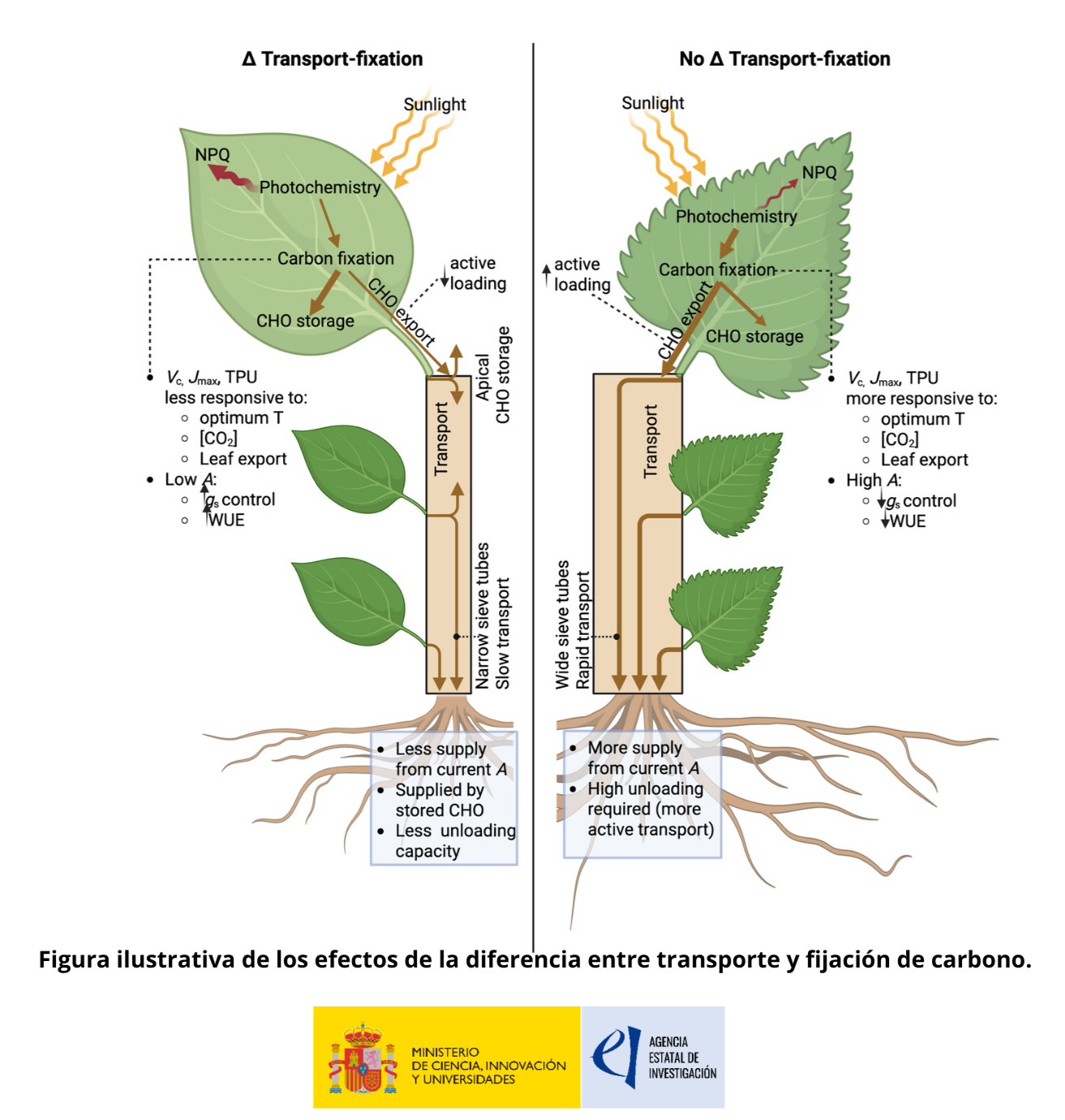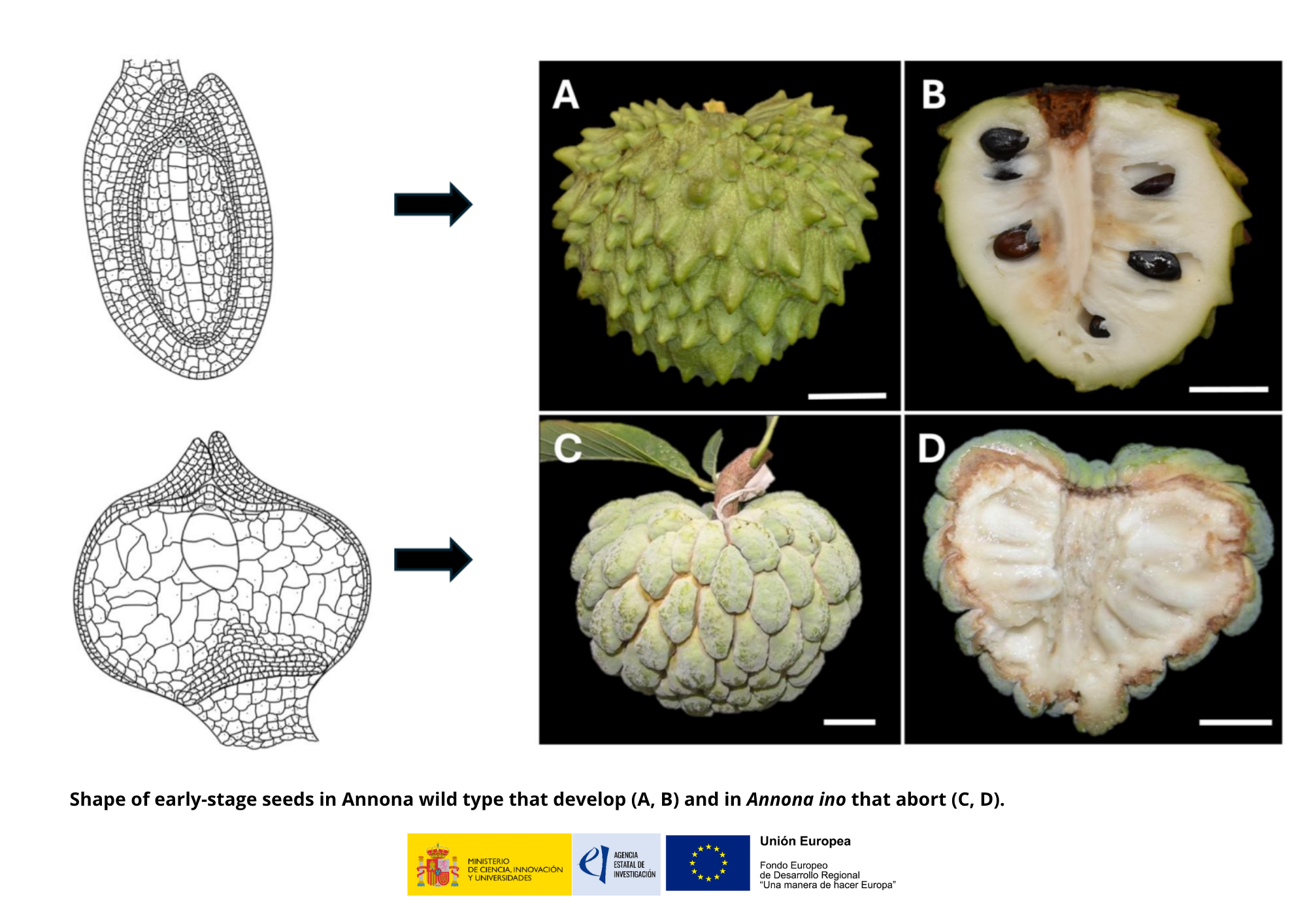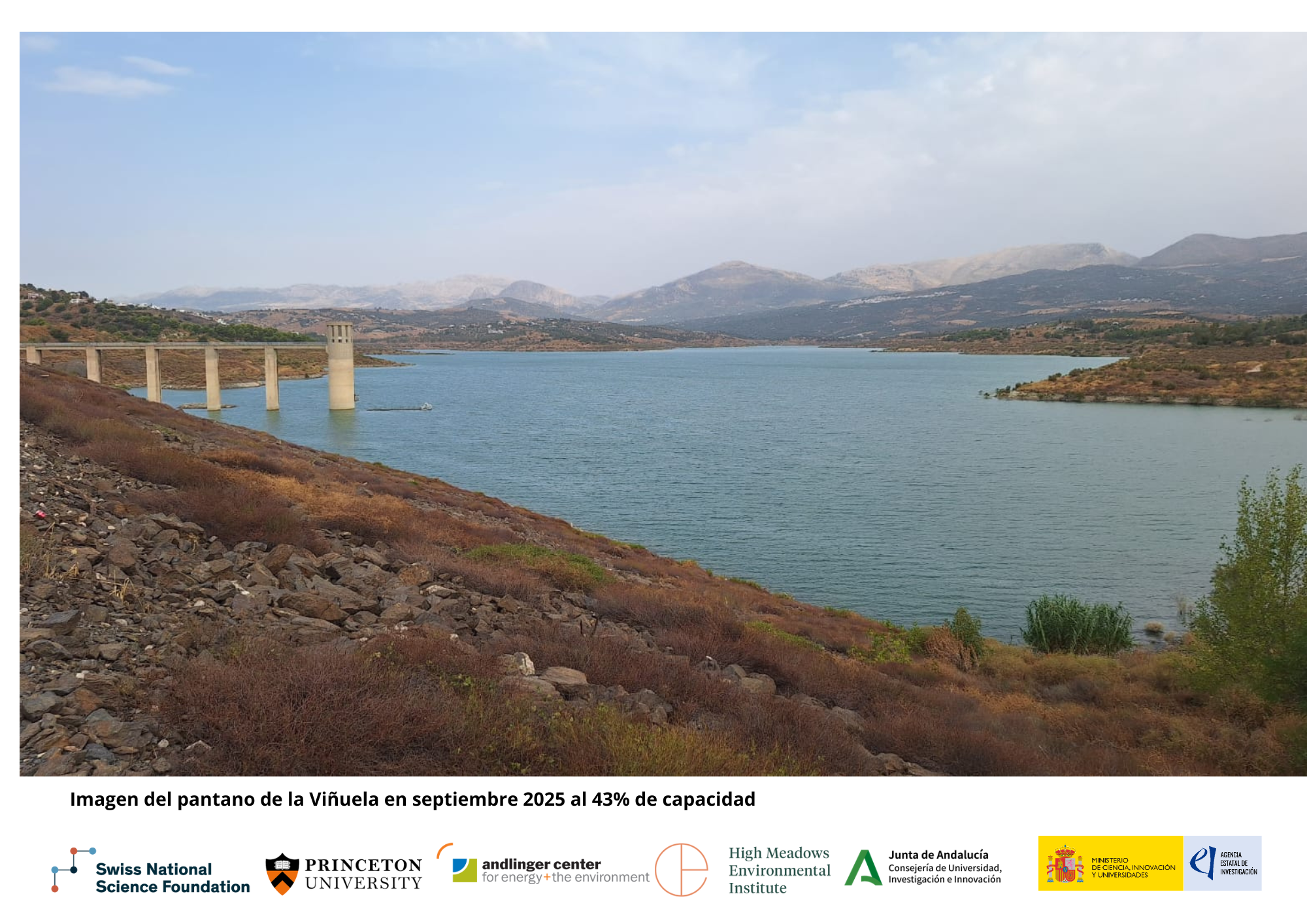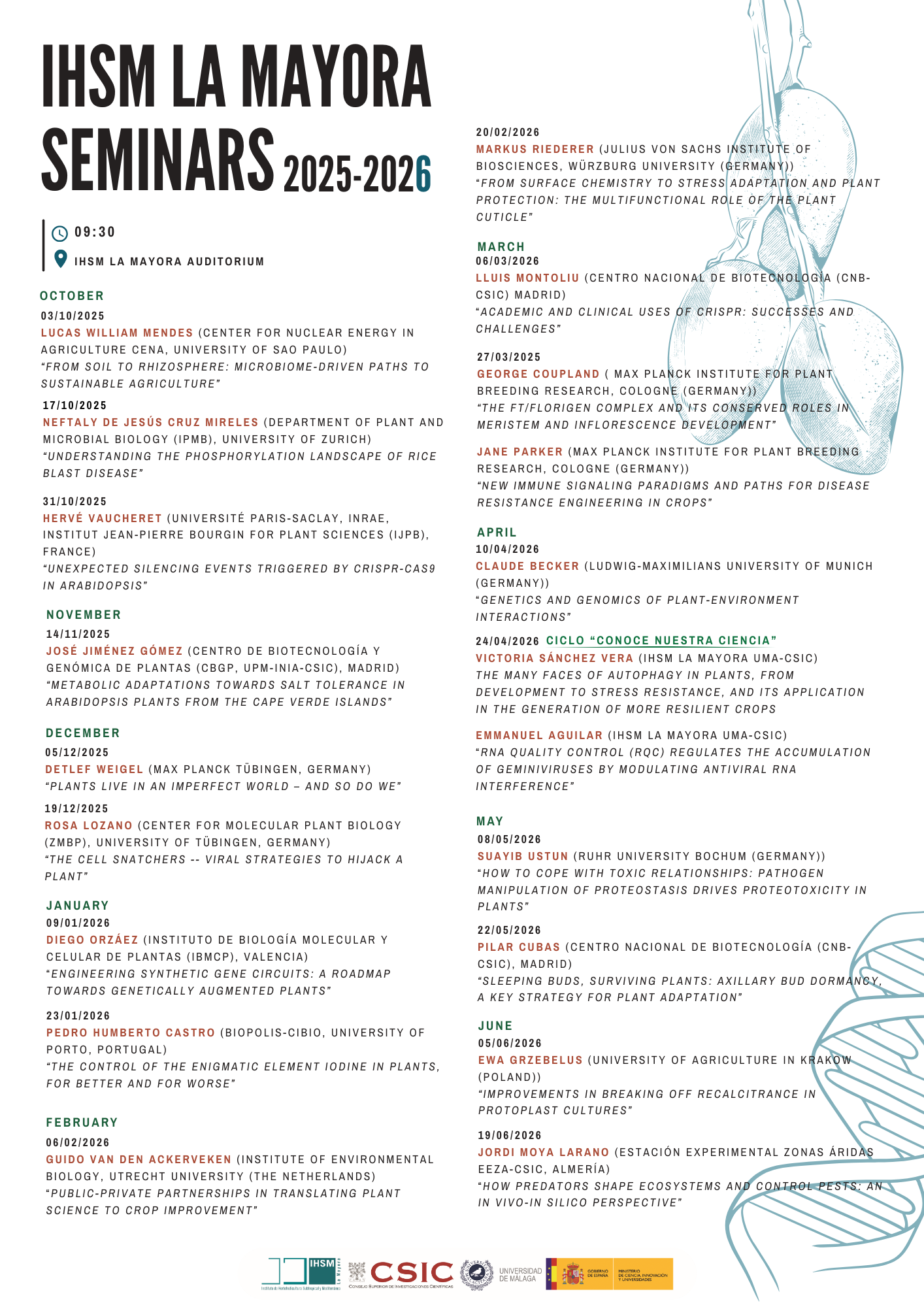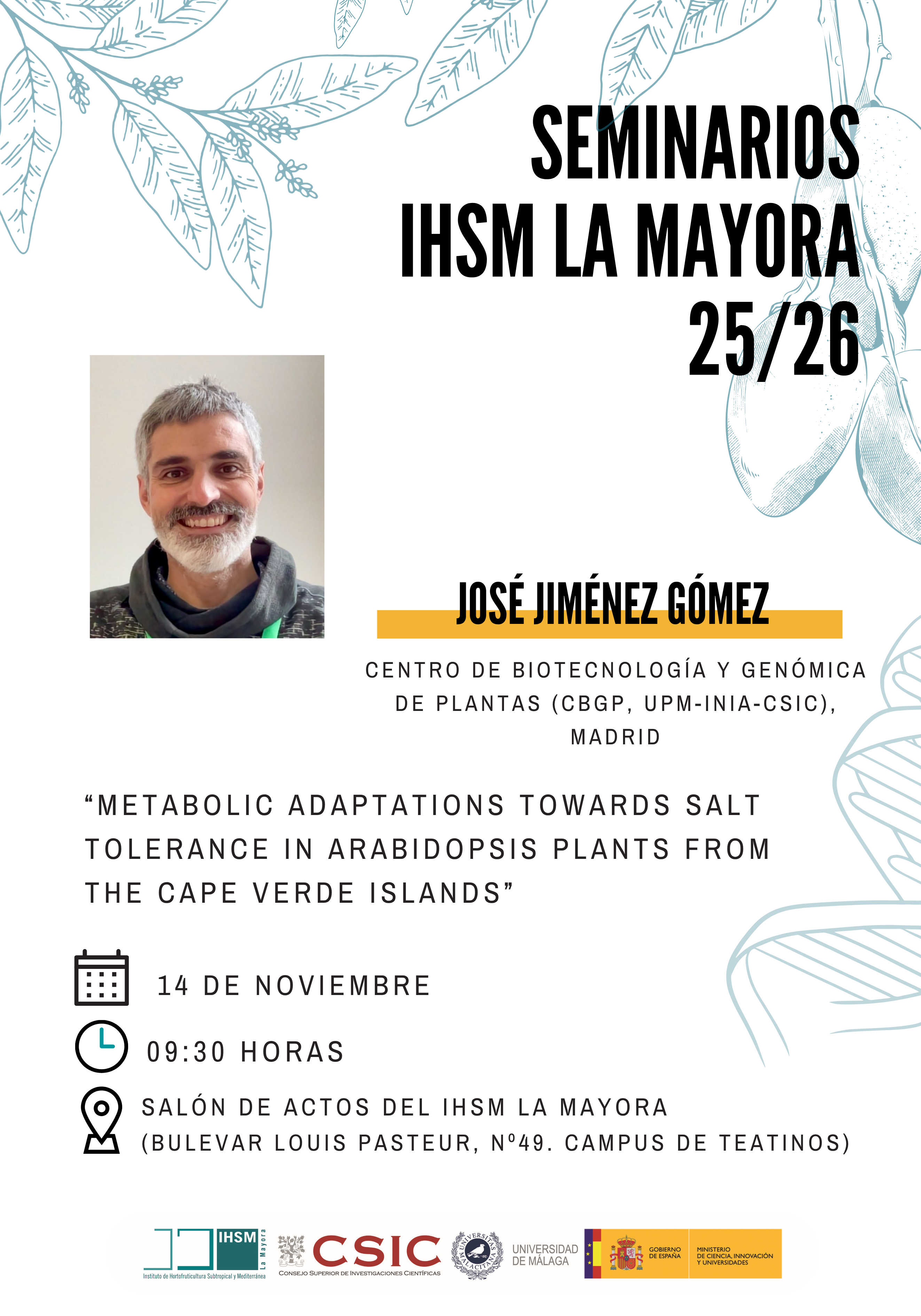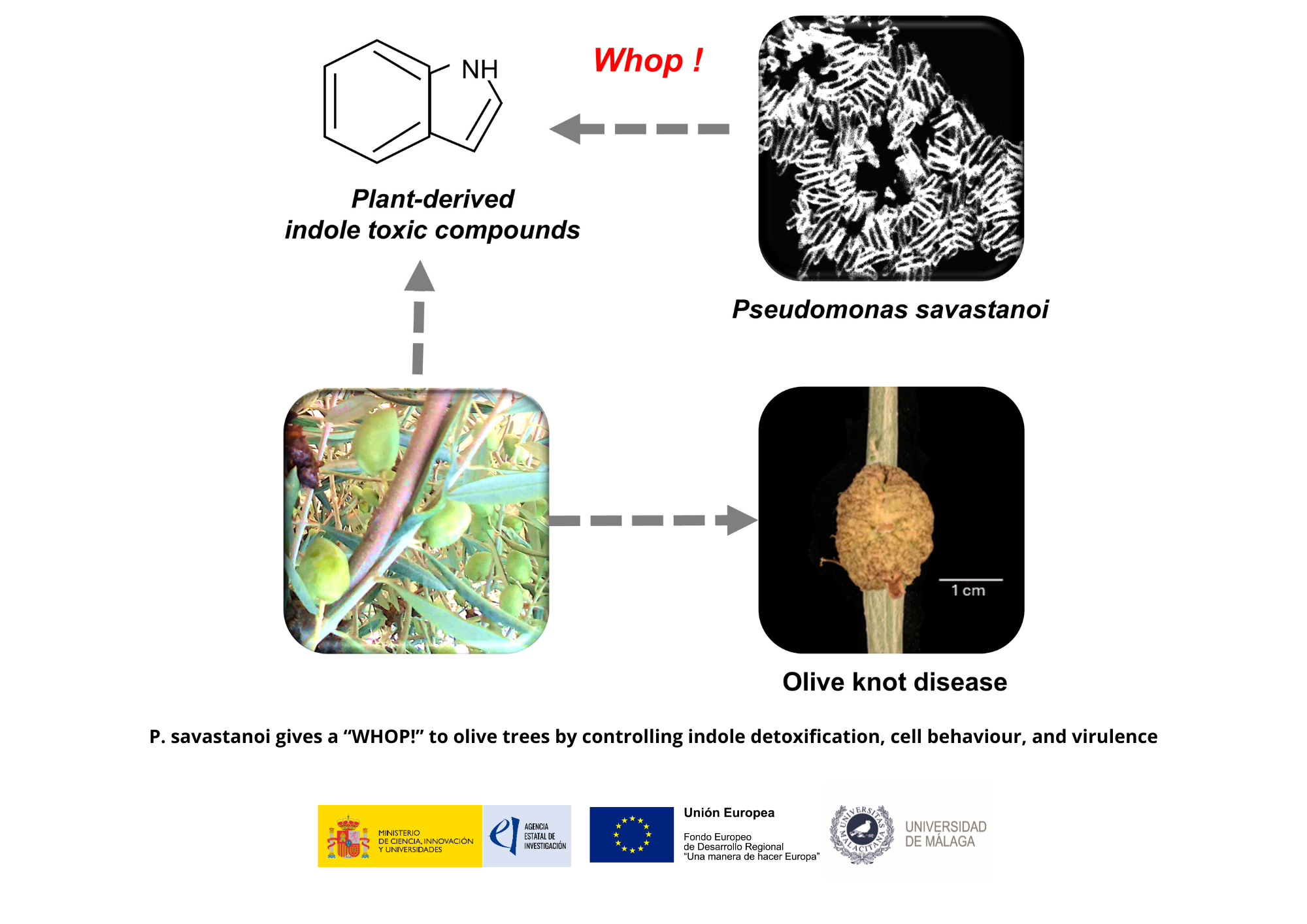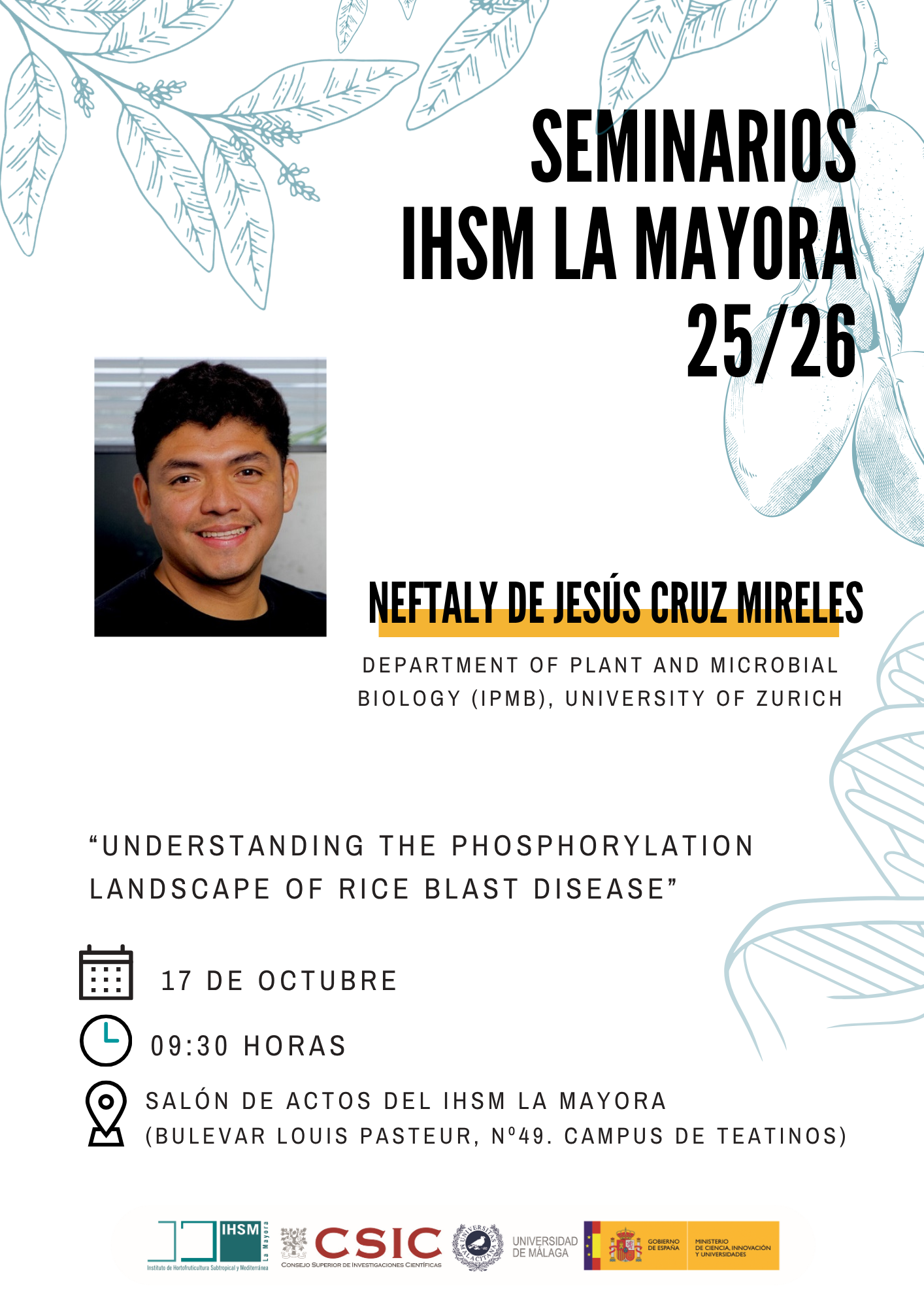
Seminarios IHSM La Mayora - Neftaly de Jesús Cruz Mireles (Department of Plant and Microbial Biology (IPMB), University of Zurich)
The rice blast fungus Magnaporthe oryzae is a major threat to global food security. To infect rice plants, the fungus undergoes morphogenetic changes, forming specialised structures to penetrate the plant surface and colonise its host. The Pathogenicity MAP kinase 1 (Pmk1) pathway is known to control these processes; however, the molecular mechanisms regulating such growth changes remain unclear. From a time-series phosphoproteomic analysis of appressorium development, we identified 32 candidate proteins controlled by Pmk1. These included proteins involved in key cellular functions such as autophagy, cytoskeleton organisation, vesicle transport, and cell cycle regulation. Among them, we focused on a previously uncharacterised protein, Vts1, which interacts with Pmk1 and is phosphorylated in a Pmk1-dependent manner. We found that Vts1 is crucial for fungal growth, reproduction, appressorium formation, and pathogenicity. To investigate the role of Pmk1 during rice tissue invasion, we performed a phosphoproteomic experiment using a Pmk1 analogue-sensitive mutant. Using this approach, we identified 39 fungal proteins potentially involved in host colonisation. With this analysis, we identified a subset of Pmk1 regulated effectors (PREs), which are involved in disease development. Altogether, our work demonstrates the utility of phosphoproteomics to identify novel virulence determinants that are critical for the development of rice blast disease.

